Indian women are in the midst of a fundamentalist backlash
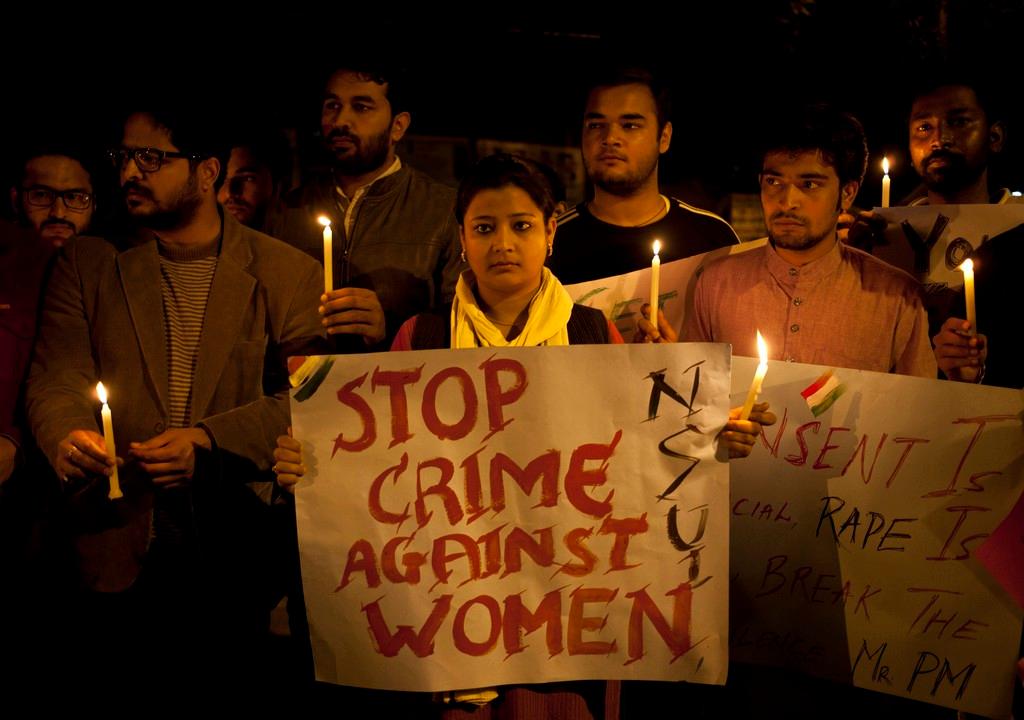
Indian artist and activist Sheba Chhachhi believes that Indian women who deviate from conservative cultural norms are facing an unprecedented level of violence against them.
Chhachhi has been a leading chronicler and participant in the women’s rights movement in India for decades. She was recently in Switzerland to receive the Thun Prize for Art and Ethics worth CHF25,000 ($25,000).
swissinfo.ch: What does winning the Thun Prize mean to you?
Sheba Chhachhi (SC): In India there are numerous art prizes and they are sponsored by corporations. For me it is very important that the Thun prize was instituted by an artist and it is for both art and ethics.
swissinfo.ch: In your acceptance speech you mentioned markets are trying to make consumers out of everyone. As someone active in the women’s rights movement for decades what do you think of feminism being used to sell designer T-shirtsExternal link?
SC: What we do see is a kind of consumer feminism. The idea of the independent woman has become a marketing strategy for many products. On Women’s Day you get discounts to buy stuff when it was originally meant to celebrate women workers’ resistance for higher wages.
There is a way of selling products and services that seems to be saying that you are liberated women if you possess them.
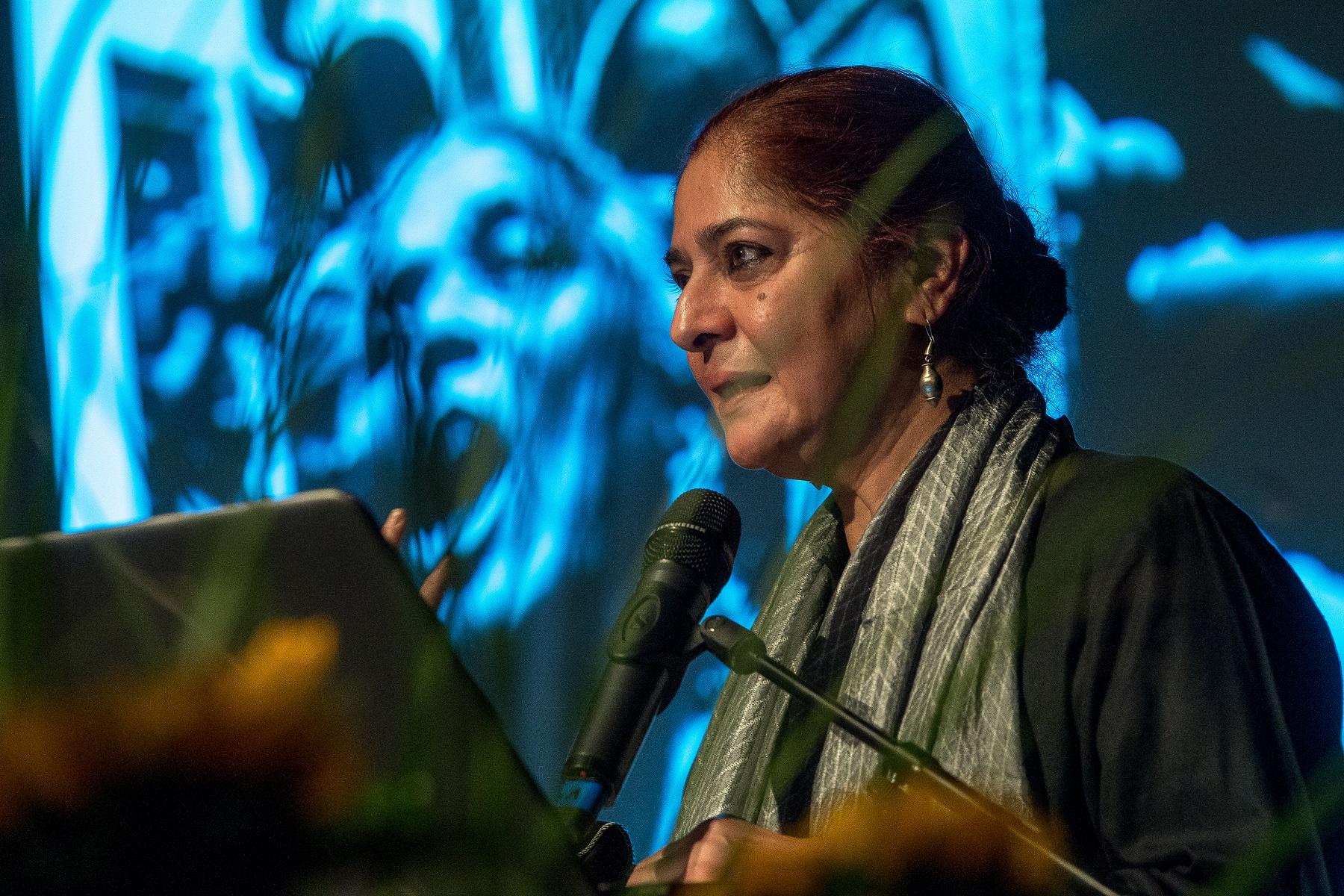
swissinfo.ch: Has the advent of the internet and social media changed the feminist movement?
SC: I think the internet and social media have made an enormous difference to the women’s movement. After the brutal rape of student Jyoti Singh (in Delhi in 2012), a lot of the organising of protests happened on social media. The net is extremely useful for organising sharing and collecting information but also for more intimate conversations. It is a critical social and activist space for an entire generation of women. However, it is not a substitute for real life activism.
swissinfo.ch: How are women in public spaces perceived by men in Indian cities like Delhi where you live?
SC: Women are claiming the city as their own by dressing as they like, going out late at night, and doing what they feel like doing. On the other hand, the backlash is severe and fuels the rise in violence we are seeing. Both Hindu and Muslim fundamentalism are cracking down on young women. Women have to deal with this backlash on the streets but they are still going out.
swissinfo.ch: Does Indian society accept that women have a right to express their sexuality?
SC: There is an assertion of sexuality that is going on in India. It is facing huge resistance and attempts at control. For example, a group of elders in Haryana said that girls should not use mobile phones as it leads to immoral behaviour. The mobile phone dictat is proof of panic. There are anti-Romeo squads of young right-wing Hindu goons who attack couples, even married ones, for being together in a park in the evening.
We are in a churning period where many forces are at work and it is hard to say who will win.
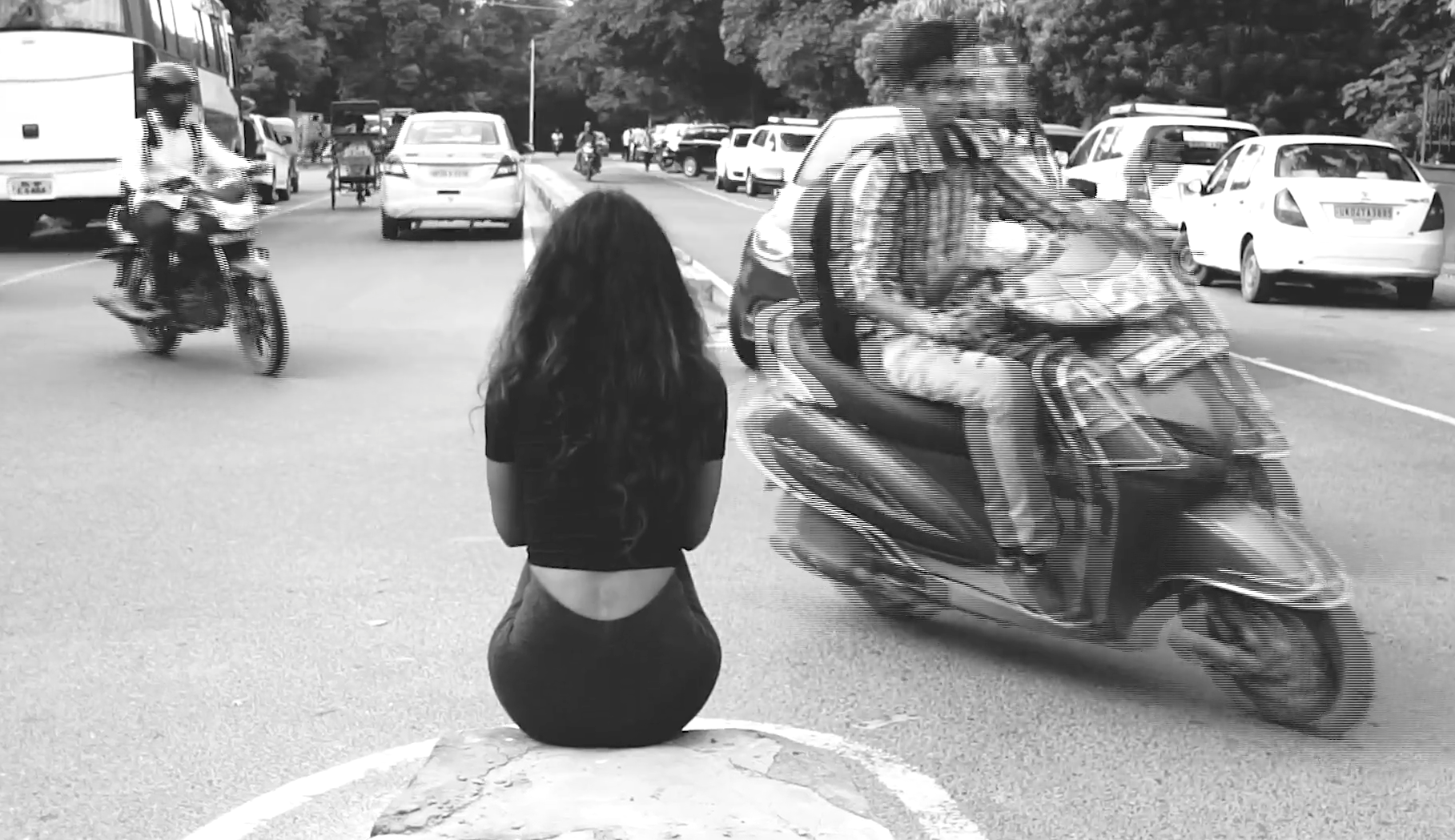
More
Moving The City #1
swissinfo.ch: The Indian Supreme Court recently passed a judgement outlawing the practice of “triple talaq” as a means for Muslim men to divorce their wives (they only need to say the word talaq – the Arabic word for divorce – three times to end the union). Do you think it is wise to depend on courts to bring about social change?
SC: I think the courts have a very important role to play and the early years of the women’s movement really focused a lot on legal reform like the Anti-Dowry Act or the Rape Bill.
It is useful to have them as institutions you can resort to but society doesn’t change because a law is passed. Social change is slower and more complex but law can give you a weight that is important. The court itself is not separate from society and very often it will reproduce the prejudices of society. It is not always pro-women. Sometimes it is and sometimes it’s not.
There is a lot of politics involved in the question of personal law. Nobody, for example, looks into the Hindu Inheritance Act.
swissinfo.ch: You mentioned that the press portrayed women activists in a very stereotypical way in the 1980s. How does the media treat them today?
SC: The media is playing an increasingly powerful role in shaping how we perceive the world. They are still looking for a soundbite or a spicy story. It is convenient for the press to brand activists as anti-national. We are living in dangerous times and the risk is greater for activists today than in the 1980s.

In compliance with the JTI standards
More: SWI swissinfo.ch certified by the Journalism Trust Initiative


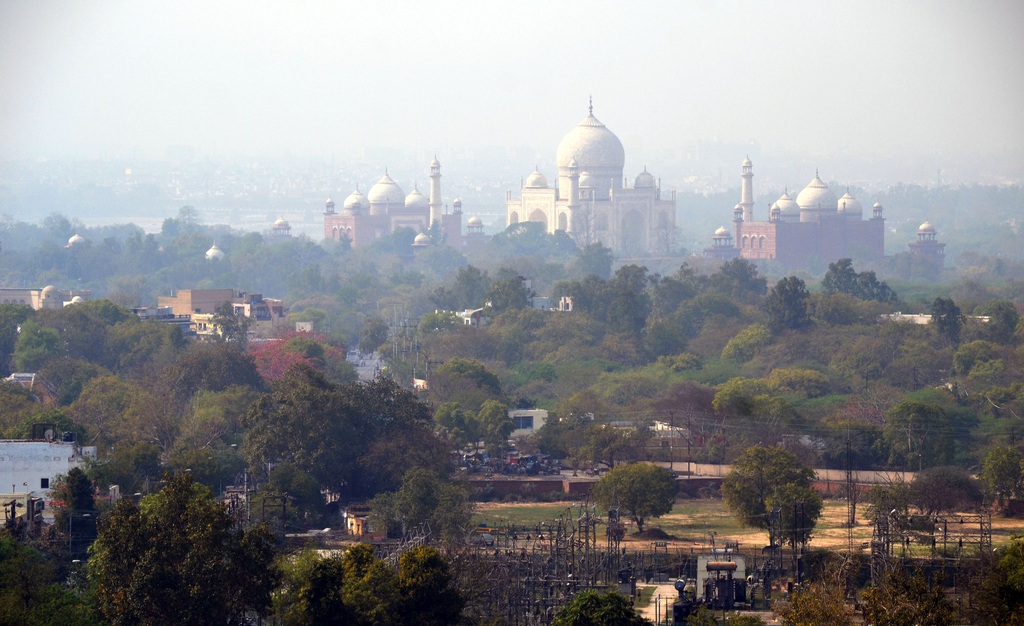

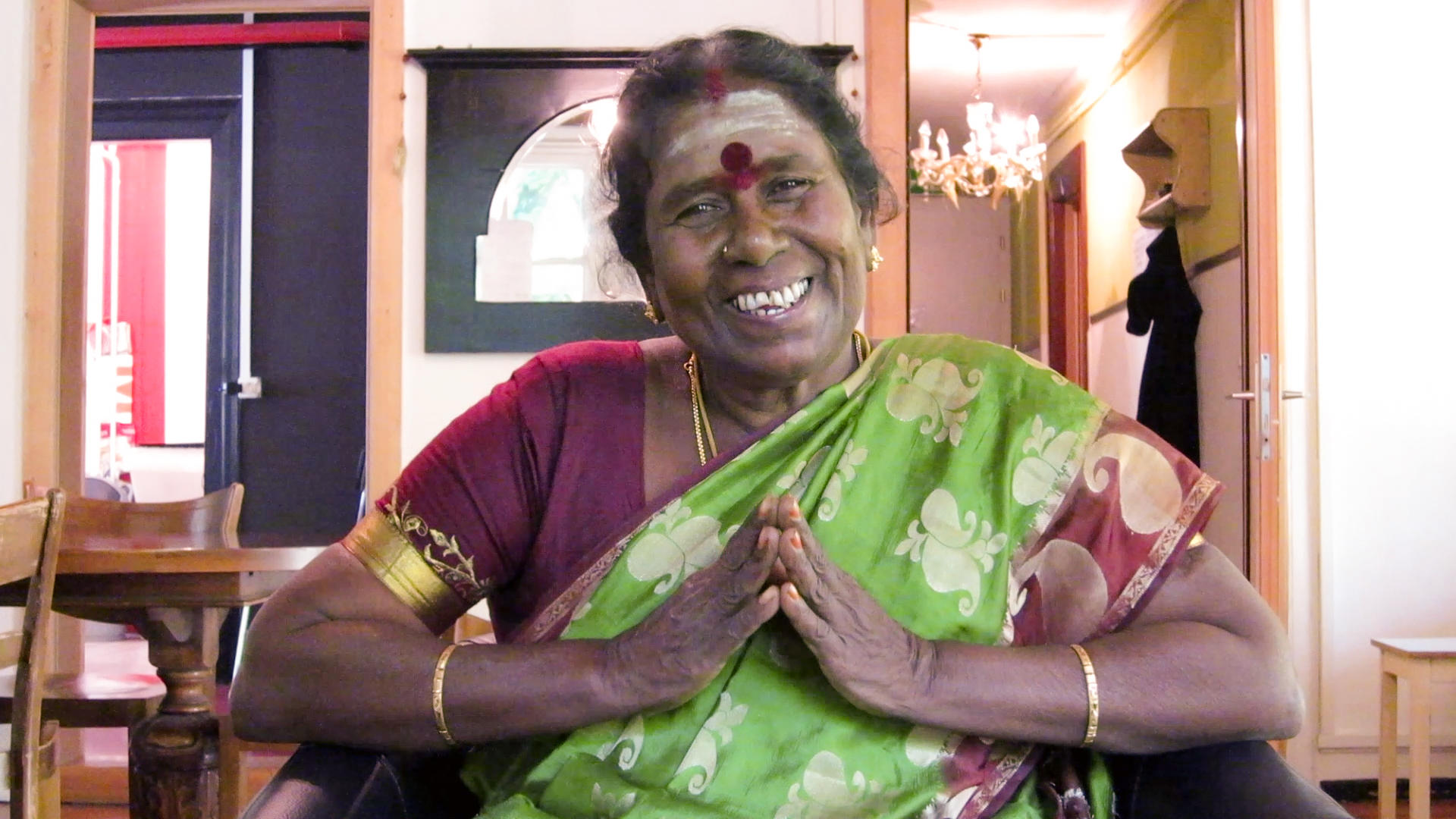
You can find an overview of ongoing debates with our journalists here. Please join us!
If you want to start a conversation about a topic raised in this article or want to report factual errors, email us at english@swissinfo.ch.